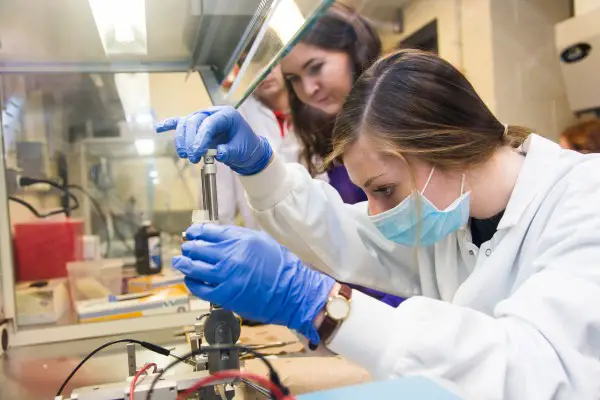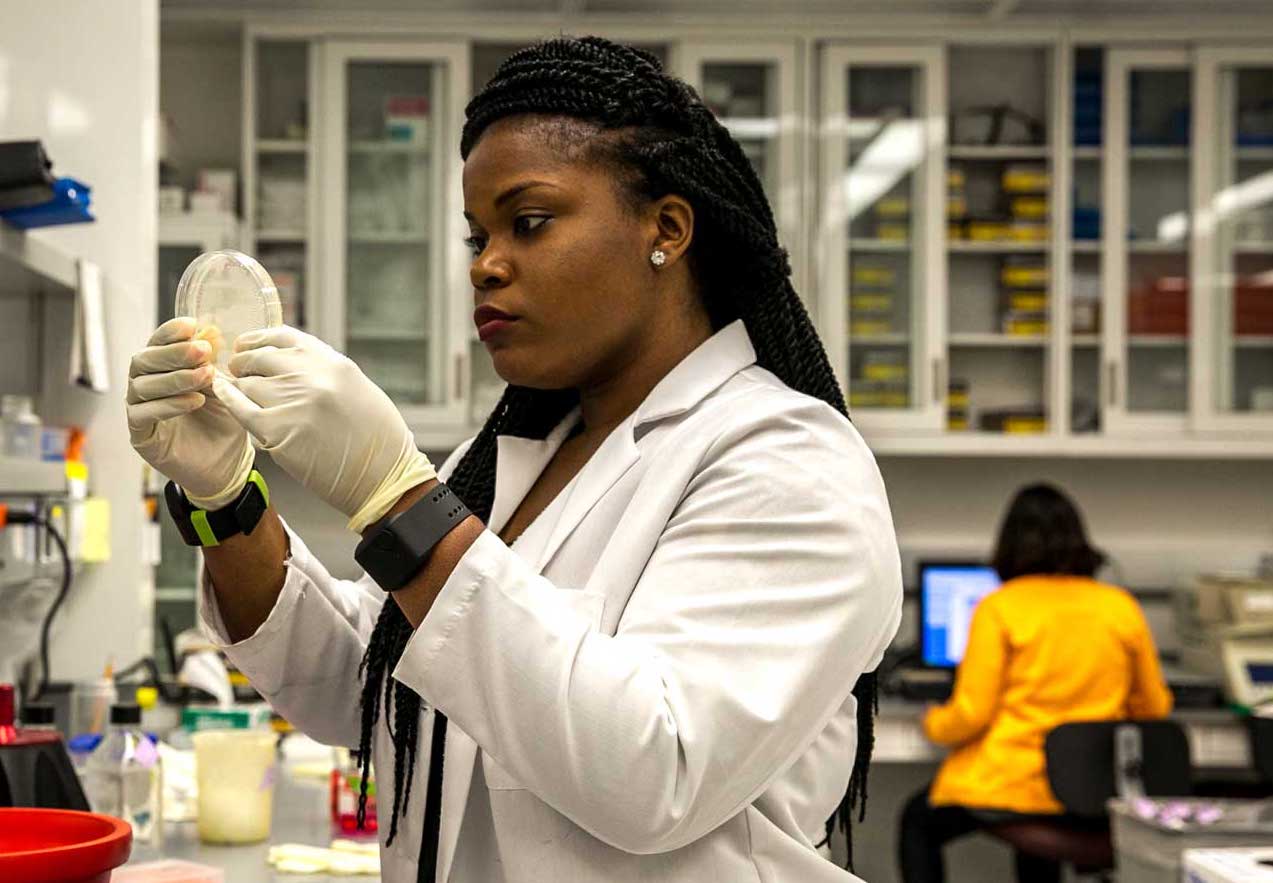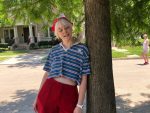It’s no secret that doing research during your undergraduate years is important, both for personal experience and as a resume asset in applying for jobs and schools beyond the college level. However, with so many students vying for positions in research, where are you supposed to go to find your undergraduate research experience?
I had the opportunity to ask four students at the University of California, Santa Barbara to give the inside scoop on their own experiences at a public research university and share how they landed their respective positions.
Disclaimer: Some names have been changed to protect the privacy of individuals.
Anushna Patel: To start, would you mind sharing your year, major and the field that your research is in?
Yuna: Third year, studying sociology! My research is in school psychology.
Rebecca: I’m a third-year working on a B.S. in chemistry with a minor in physics. My research is in green chemistry, meaning it’s interdisciplinary, with the aim of producing environmentally friendly methods and materials using biomass feedstock.
Amy: I am currently getting a B.S. in psychological & brain sciences, and in my fourth year. My research is in behavioral, cognitive and neuropsychology.
Pari: I’m a fourth year electrical engineering major. I work in a photonics lab on campus.
AP: Who did you reach out to in order to get your current research position?
Yuna: Dr. Jimerson, a professor in our graduate school of education.
Rebecca: I first talked to my chemistry lab TA, who encouraged me to talk to the principal investigator of the lab.
Amy: I reached out to a friend who is a doctorate student in the lab. My friend helped me contact the correct person.
Pari: I applied for the AIM photonics program at UCSB, which connected me to Professor Bowers’ research lab. Once the program was over, I reached out to him to see if I could continue working in the lab.
AP: What was the process you went through to get this research position?
Yuna: One of my coworkers had been doing this research for a few quarters and thought I would be interested after realizing we had similar academic/career interests. To apply, Dr. Jimerson asks students to answer a set of questions. After submitting my answers, I was added to the research course.
Rebecca: My PI travels a lot, so I ended up going to his office multiple times a day for about four days before I caught him. I emailed him as well, but my mentor told me he often does not respond to emails he is not expecting, so I chose to spend some time trying to track him down. Once I found him in person, I was able to schedule a meeting with him because he knew to look out for my email. I brought a resume, cover letter and annotated paper from his lab to the meeting to show him that I was ambitious and serious about work. He gave me the position on the spot.
Amy: I received an email from the lab and attended the lab tour. Then, I filled out a form and was told that I could be a volunteer. After volunteering over the summer, I reached out to them again about being an RA and they officially gave me the position when the school year started.
Pari: I had an application and interview process for the program, through which I was accepted and placed with my mentor from Bowers’ research group.
AP: Do you enjoy the work that you do, and why or why not?
Yuna: I absolutely love it. Currently, I am assisting on two different projects and in each one I get to interact with elementary students and teach them about pro-social skills or social/emotional/behavioral health.
Rebecca: I really enjoy the work I am doing in the lab. I love that I’m able to apply my interest and aptitude for chemistry to an issue that I really care about, which is the use of nonrenewable plastics and fossil fuels. I also feel like I’m gaining invaluable skills in lab technique, communication, presentation and critical thinking that will have significant benefits when I pursue a higher degree and, ultimately, a career. In addition, I enjoy the dynamic nature of working in a lab. I do not have rigid shifts and I can use a lot of creativity and discretion when doing my research.
Amy: To be honest, my lab work isn’t the best. The work I do is repetitive and slightly boring.
Pari: I do enjoy the work I do because I feel like it opened me up to a whole new side of engineering and taught me so much through practical applications with photonics, with having to figure out your own solution for the research problems. After doing photonics research, I realized that this is what I also wanted to do my masters in along with possibly using these technologies towards biomedical engineering. Without my research, I feel like I would not have had as much exposure into this particular field.

AP: Do you have any advice for other undergraduate college students who are interested in looking for research?
Yuna: Reach out! I have had the opportunity to do research by talking to a professor I wanted to take a course for and by talking to a TA who was in the graduate program I was interested in. I was unable to crash a course and upon speaking to the professor, she invited me to assist on her research projects. The TA I spoke to was working in a lab with undergraduate openings, and if I had not stayed after class for a few minutes, I would not have heard of this opportunity.
Rebecca: I see a lot of undergrads just sent generic emails to every PI they can find. It’s easy to tell when an undergrad just wants any position and is not interested in your specific research, so my advice is to not be intimidated to track professors down in person and show up with printed documents and some specific questions to ask.
Amy: I would suggest getting involved in a lab as early as you can, even if you start out as a volunteer or your GPA isn’t high enough.
Pari: I think every undergraduate college student should look into joining a research lab throughout their time in undergrad because it really helps you realize how much you can do with the knowledge you get from your classes along with helping you decide whether you want to go into academia or industry work in the future.
















